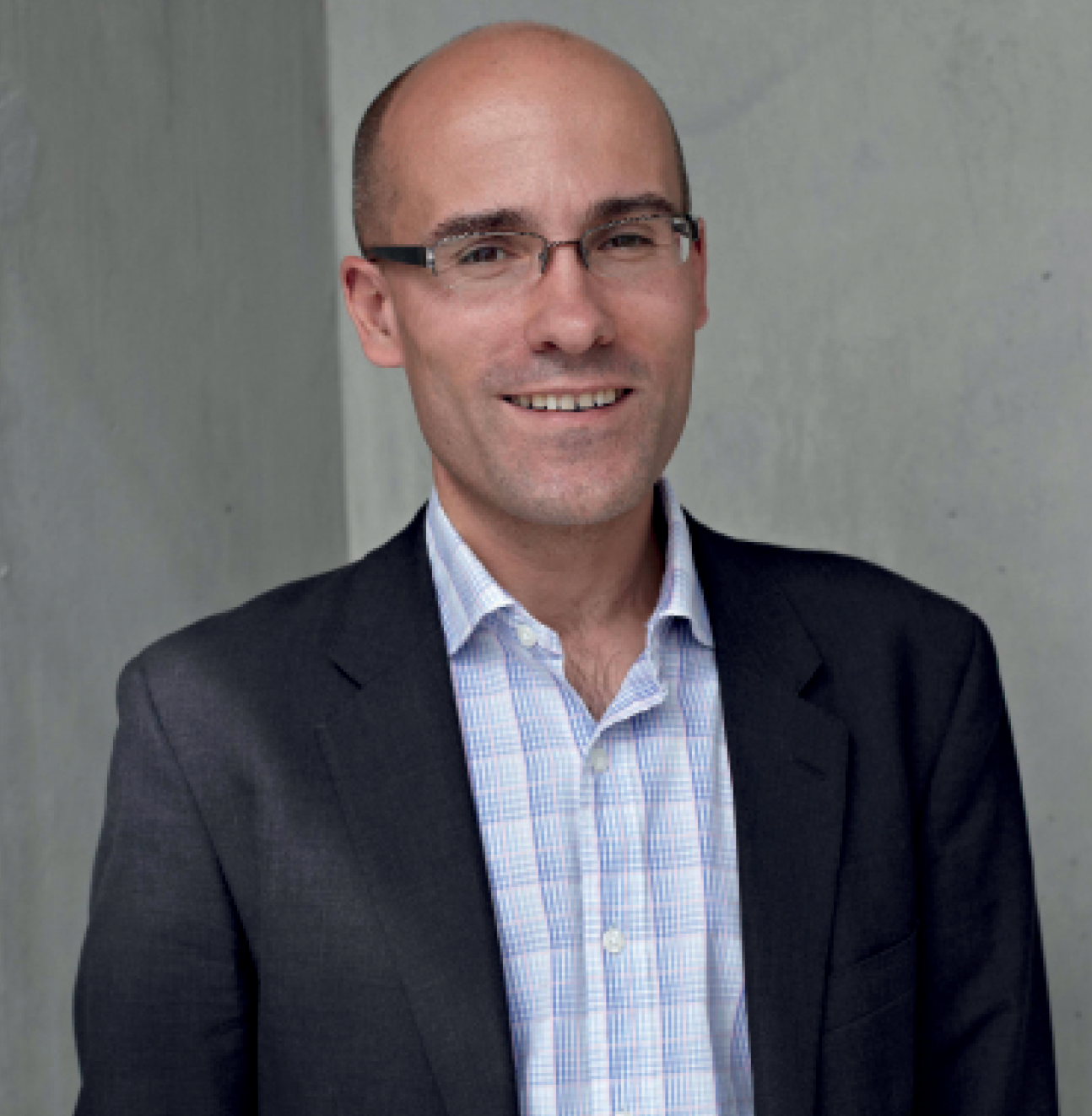Preface – ESMO Lung Cancer 2022

© ElainePerks2013 – Charles Swanton, MBBS, PhD, FRCP, FMedSci, FRS, Francis Crick Institute and UCL Hospitals, London, United Kingdom
Dear Colleagues,
At the ESMO Congress held in Paris, France, and virtually from 9th to 13th September 2022, practice-changing data and high-quality education attracted more than 29,300 participants from over 150 countries. The 1,912 abstracts reported at the conference included 76 late-breaking abstracts, and 11 abstracts were selected for presidential symposia to discuss the most exciting updates across different tumor types including therapeutic innovations, translational research, patient advocacy, public policy, and many more.
This issue of memo inOncology summarizes some of the lung cancer highlights presented at the ESMO 2022 Congress. In the (neo)adjuvant setting, the data underscore the importance of patient selection and have confirmed innovative treatment approaches while demonstrating the potential of new combinations. An entire chapter is devoted to new ways to further improve patient outcomes in the setting of metastatic lung cancer by targeting KRASG12C, EGFR, HER2, and angiogenesis in the first and later lines. Among others, the results suggest a new second-line standard option for patients with advanced KRASG12C-mutated NSCLC and a potential chemotherapy-sparing targeted strategy in the treatment of patients with EGFR-mutant NSCLC harboring MET amplifications. Updates on immunotherapy-based approaches show sustained outcome improvement with single agents or combination regimens. Immune checkpoint inhibition also offers an effective first-line alternative in the important understudied patient population with poor performance status who have multiple comorbidities and poor tolerance of treatment.
Furthermore, data presented at ESMO dealt with the close association between air pollution and increased lung cancer risk, indicating a significant association between the exposure to atmospheric particulate matter with a diameter ≤ 2.5 μm and EGFR-mutant lung cancer incidence across the globe. Insights were also obtained with respect to the role of inflammation in the promotion of a cancer-stem-cell–like state. Last but not least, the benefits of lung cancer mass screening are discussed on the basis of a study conducted in China.
Once again, the ESMO meeting was a place to build strong, meaningful academic relationships with colleagues and peers in the field of lung cancer while concomitantly enabling an environment for sharing clinical cases and debates aiming at providing better care for patients.
© 2022 Springer-Verlag GmbH, Impressum
More posts
Air-pollution–induced lung cancer: defining a targetable link
The close association between air pollution and increased lung cancer risk has been known for decades, although causation remained unknown. Lung cancer in never smokers is characterized by a low mutational burden and the absence of a carcinogen-induced DNA mutation signature. In general, evidence against the classical mutation model explaining tumor growth as a result of DNA mutations has emerged, thus raising the need for an alternative model.
Updates on immunotherapy-based treatment of stage III/IV disease
At least 40 % of patients with NSCLC have poor performance status (ECOG PS ≥ 2) and/or are elderly with multiple comorbidities and poor tolerance of treatment. They frequently receive single-agent chemotherapy or best supportive care as they are often deemed ineligible for first-line platinum-based regimens. Usually, they are excluded from clinical trials conducted in the first-line setting.
Targeted approaches in the first and later lines: KRASG12C, EGFR, HER2 & angiogenesis
The first-in-class, oral, irreversible KRASG12C inhibitor sotorasib has given rise to durable clinical benefits in patients with advanced KRASG12C-mutated NSCLC in the phase II CodeBreak 100 trial, with an objective response rate (ORR) and median progression-free survival (PFS) of 37.1 % and 6.8 months, respectively.
Treatment benefits and outcome determinants in (neo)adjuvant trials
The adjuvant use of the third-generation EGFR tyrosine kinase inhibitor (TKI) osimertinib is being explored in the phase III ADAURA study that includes almost 700 patients with completely resected stage IB, II, and IIIA, EGFR-mutant non-small-cell lung cancer (NSCLC), with or without adjuvant chemotherapy.
Preface – ESMO Lung Cancer 2022
At the ESMO Congress held in Paris, France, and virtually from 9th to 13th September 2022, practice-changing data and high-quality education attracted more than 29,300 participants from over 150 countries.



